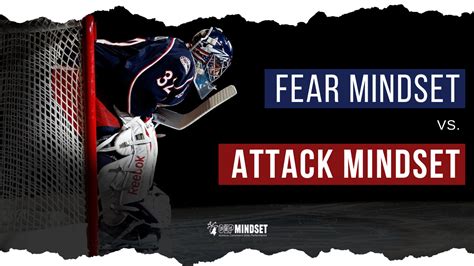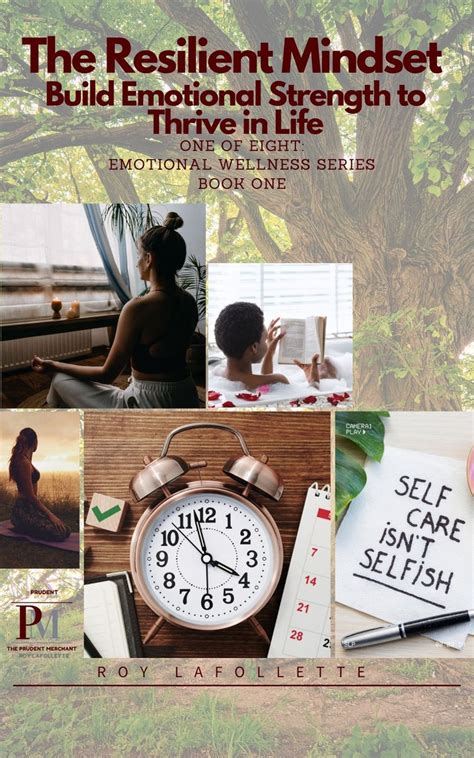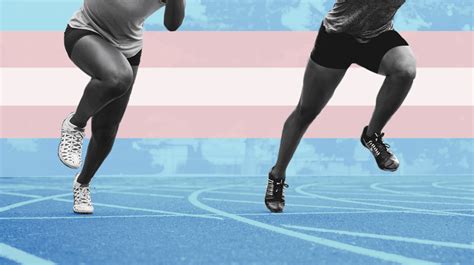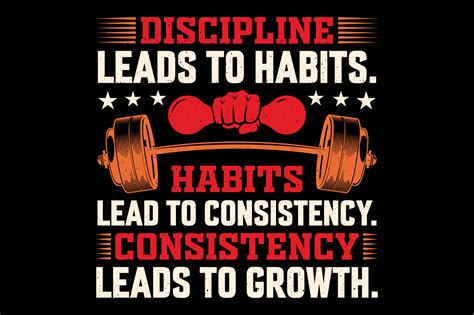For generations, the concept of masculine strength has been narrowly defined by stoicism, self-reliance, and an unwavering outward display of resilience. This deeply embedded internal definition, often passed down through cultural narratives and familial expectations, significantly shapes a man’s capacity to admit vulnerability or reach out for support. It creates a complex interplay between an idealized self-image and the reality of human emotional needs.
The Traditional Fortress of Strength
Historically, ‘strength’ for men has been synonymous with being unshakeable, emotionless in the face of adversity, and capable of handling all challenges alone. Admitting weakness, expressing fear, or even simply asking for help has often been perceived as a direct contradiction to this definition. Such acts are mistakenly equated with failure, inadequacy, or a compromise of one’s masculinity. This internal pressure creates a formidable barrier, making it incredibly difficult for men to voice their struggles, lest they shatter their own deeply constructed identity of a ‘strong’ man.
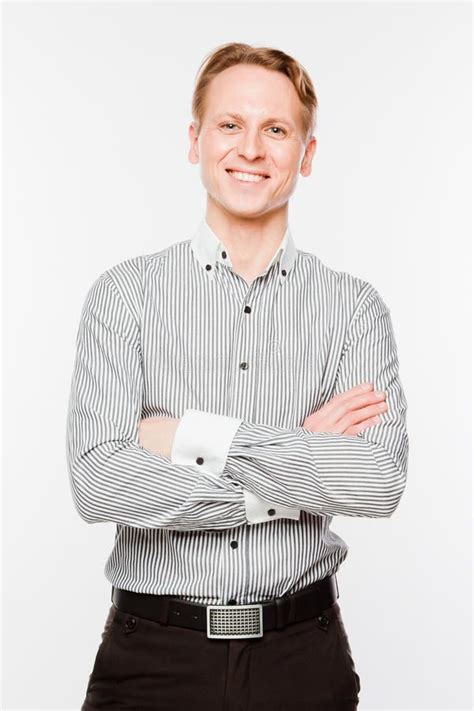
The Paradox of Self-Reliance
While self-reliance is a valuable trait, an extreme interpretation of it becomes a paradox. The very desire to appear strong and capable can lead to an isolation that undermines true resilience. When a man believes that seeking help signifies weakness, he deprives himself of the diverse perspectives, emotional solace, and practical assistance that others can offer. This can exacerbate problems, turn manageable stresses into overwhelming burdens, and ultimately lead to poorer mental and physical health outcomes. The ‘strong silent type’ often suffers in silence, mistaking emotional suppression for fortitude.
Societal Conditioning and Its Echoes
This internal definition isn’t solely self-imposed; it’s heavily influenced by societal conditioning. Phrases like ‘man up,’ ‘boys don’t cry,’ or ‘take it like a man’ reinforce the idea that emotional expression, particularly vulnerability, is unmasculine. These powerful cultural messages echo in a man’s internal dialogue, amplifying the fear of judgment or rejection should he deviate from the prescribed norm. The fear of being perceived as ‘less than’ by peers, family, or even romantic partners often outweighs the internal need for emotional release or support.

Redefining Strength for Modern Manhood
However, there’s a growing movement to redefine what true strength entails. Modern perspectives suggest that authentic strength lies not in the absence of emotion or struggle, but in the courage to acknowledge, navigate, and communicate them. It’s the strength to be introspective, to understand one’s limitations, and to recognize that interdependence is a fundamental aspect of human flourishing. Admitting vulnerability is not a sign of weakness; it’s a profound act of courage that fosters deeper connections, enables personal growth, and builds true resilience.
Embracing this broader definition allows men to view seeking support as a proactive, empowering choice rather than a last resort. It reframes vulnerability as a pathway to emotional intelligence and stronger relationships, rather than a threat to their identity. This shift in mindset is crucial for men’s overall well-being and for building a society that supports authentic expression for all genders.

Conclusion
A man’s internal definition of strength wields immense power over his willingness to admit vulnerability and seek support. When ‘strength’ is rigidly tied to stoicism and self-sufficiency, men often suffer in silence. However, by embracing a more expansive and authentic understanding of strength – one that includes emotional courage, self-awareness, and the ability to connect with others – men can unlock greater personal freedom, deeper relationships, and ultimately, a more fulfilling and resilient life. The journey toward this redefinition is not just beneficial for individual men, but for the health of society as a whole.

